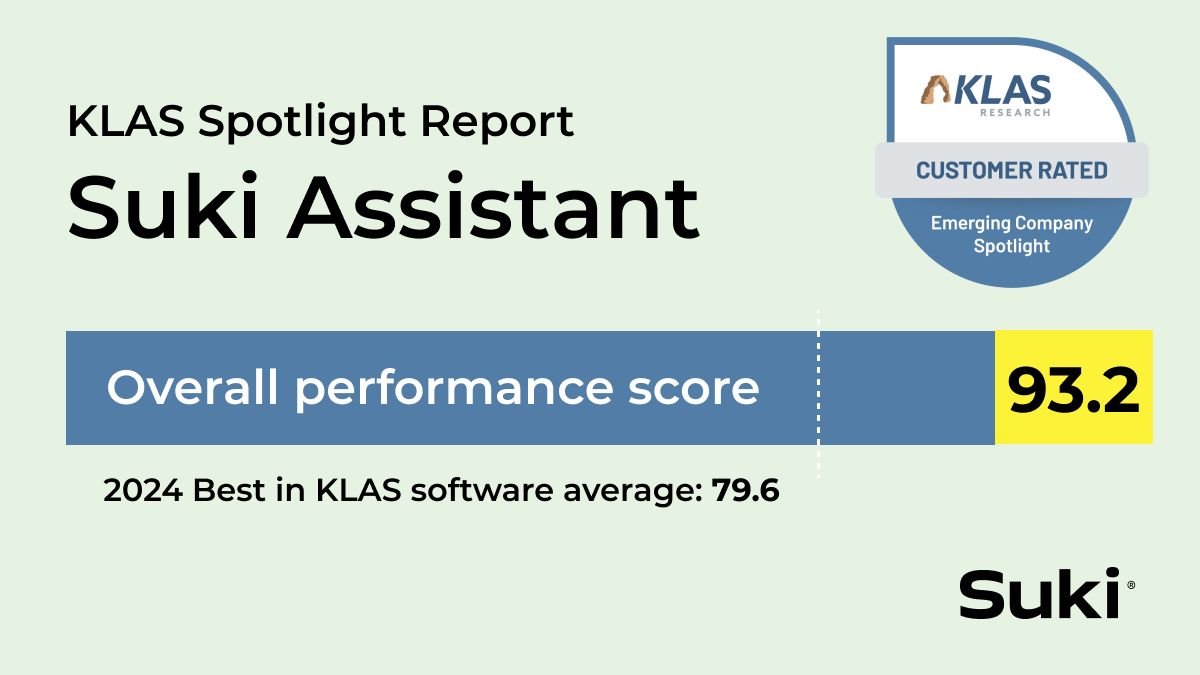Last week Dr. Vivek Murthy, the US Surgeon General, announced health worker burnout as a top priority. Along with the announcement came a 76 page call to action which details what we can all do to help.
The report gets it right. Rather than focusing on what doctors and nurses can do to be more resilient, the Surgeon General explores a whole spectrum of changes needed from healthcare delivery organizations to insurance companies to software to the public health system.
I will admit, it’s a little hard for me to identify with a problem called “health worker burnout.” I don’t consider myself a health worker, I am a surgeon. Internists, anesthesiologists, emergency physicians, nurses, NPs and PAs and CRNAs, physical and occupational and respiratory therapists – we each have a precise role in patient care, and that role becomes an identity and a tribe. I respect the other tribes and value these individuals as colleagues, but it’s not easy to find a label that applies to us all.
It can also be complicated to connect with the concept of “burnout.” Many doctors feel we signed up for this. It’s literally our job to navigate and absorb other people’s personal tragedies. We carry some of this into our everyday lives, and we can’t help but be affected by it. It’s hard not to be constantly aware that life can turn upside down at any moment – that the things I’ve seen in the trauma bay and the ICU could happen to my family.
While some of the burden is an accepted part of the job, there is a threshold beyond which overwork, tragedy, and disrespect take an unacceptable toll. During the dark days of the pandemic, the tone of conversation on the ICU teams turned dark, crossing a threshold from the expected and slightly funny cynicism of that tribe, to raw frustration at the medical misinformation and hopelessness at all the death we were seeing. During that time, folks in this proud profession started to admit defeat and embrace “burnout” as a label that could apply to them.
More than anything else, I feel it’s disrespect and underappreciation that make us feel defeated. Tone-deaf administrative practices that create friction in patient care are the worst. On the other hand, even in a difficult situation, words of appreciation from a patient or family member can put a smile on your face. Long hours can be satisfying when you’re working with a team that respects and enjoys one another, with administrative support to perform at your best. In the right environment, our difficult jobs can be tremendously rewarding.
That’s why I love the Surgeon General’s very first call to action in the report: Healthcare organizations should “transform workplace culture to empower health workers and be responsive to their voices and needs.” I couldn’t agree more.
It is by empowering doctors and nurses, and creating a workplace culture that restores the essence of these professions, that we will start to care for our nation’s caregivers.



